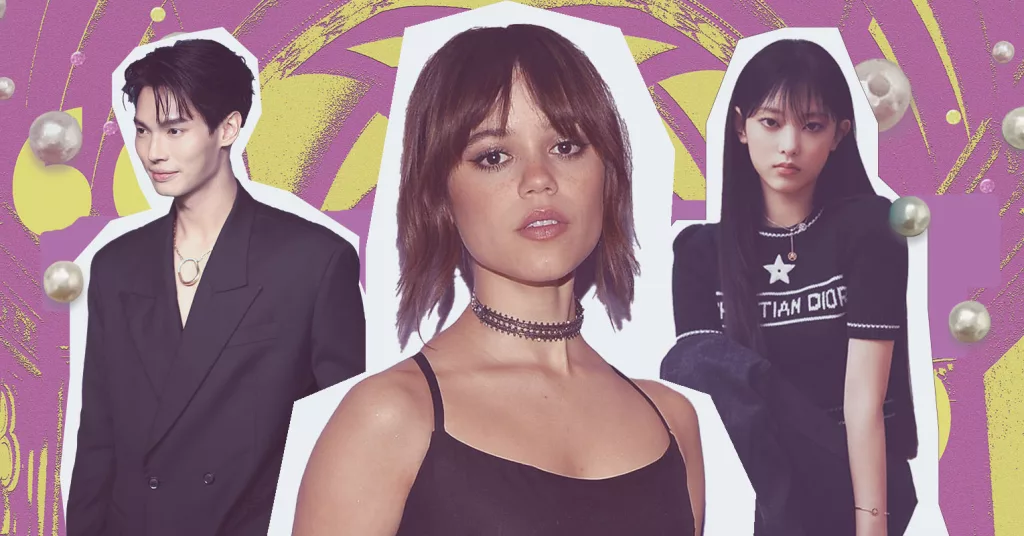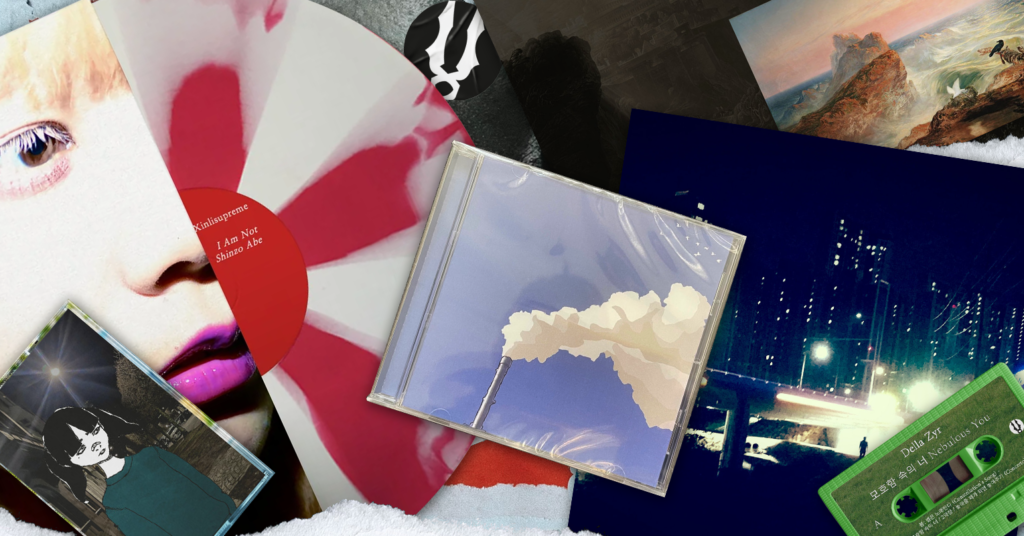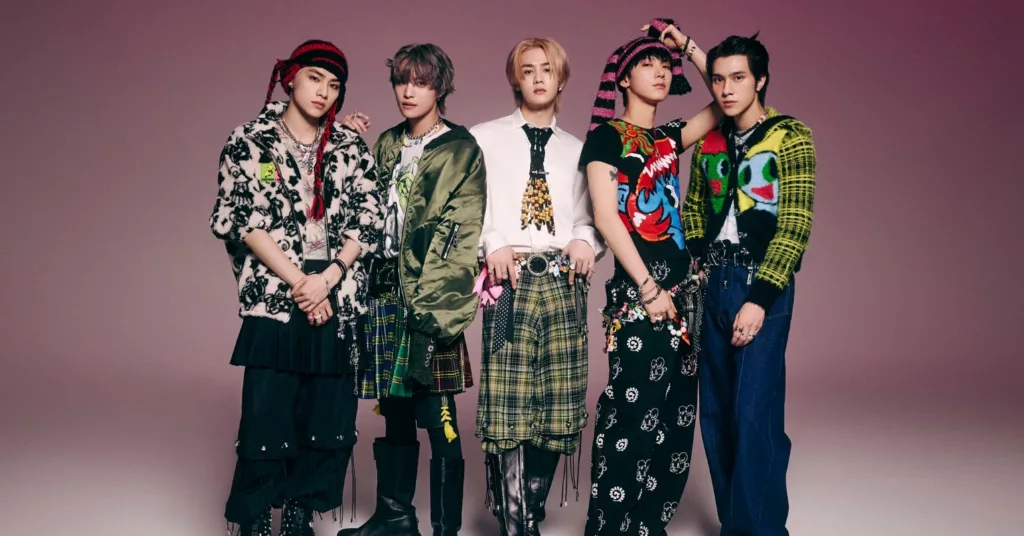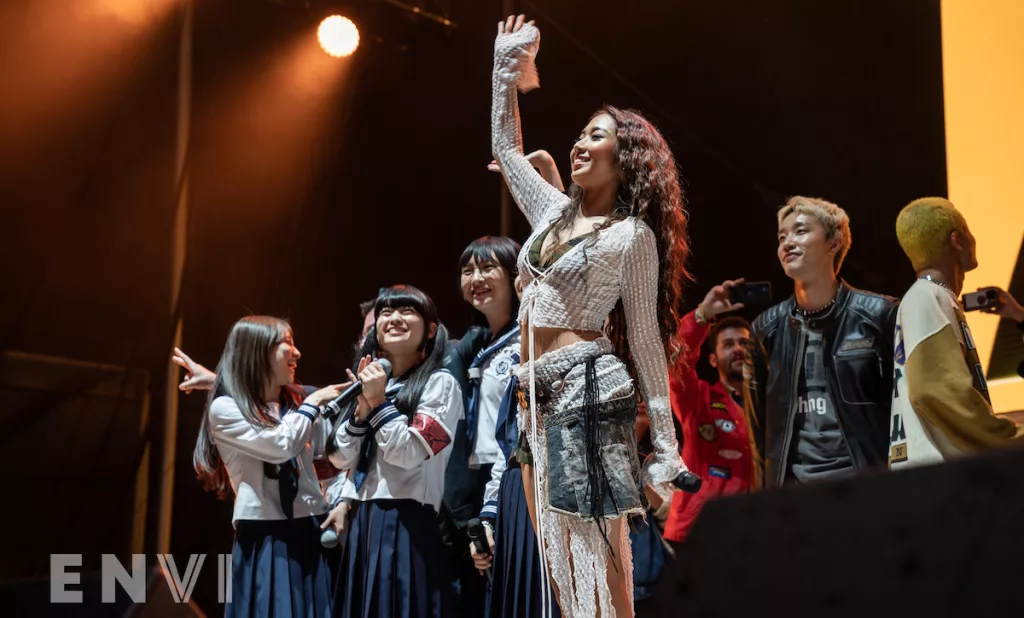Throughout the last couple of years, the world of fashion has witnessed the rise of styles and consumption trends powered by young generations. Younger consumers are quickly becoming the driving forces behind sales, and it is estimated that by 2030, Millennials, Gen Z, and Generation Alpha will become the biggest buyers of luxury, amounting to 80% of global purchases. This generational shift has caused brands to start looking at ways of reinventing themselves and enthralling these demographics.
Making up about 25% of the global population, those born between 1997 and 2013 — collectively known as Gen Z — have particularly attracted the attention of the industry. From establishing new routes to lure this age segment to appealing to their interests, brands are reshaping their strategies to communicate and sell. In between, the world of luxury has resorted to Gen Z celebrities to build exposure and expand their scope of influence.
Gen Z Celebrities Are Taking Over Fashion
As the software and data company Launchmetrics explains, in current times, brands in the Fashion, Luxury, and Beauty (FLB) industry are stepping away from “traditional celebrity endorsements.” With Gen Z embracing diversity and looking for authentic connections, brands are associating with new faces and tapping all-rounded individuals to work with. As this generation favors emerging figures and multihyphenates instead, labels are concentrating on stars that can be featured on various marketing channels, advertising brands in “a modern and organic way.”
Among common marketing strategies, social media endorsements and ambassadorships have soared as popular methods for luxury houses to approach younger generations. “These new ambassadors are able to put the brands they represent in front of a new and yet-to-be-explored audience with growing spending power,” Launchmetrics wrote in a report.
The Gen Z
Though truly enticing Gen Z requires efforts that go far beyond celebrity ambassadorships, fashion and luxury brands have greatly benefited from connecting with young stars. People like Billie Eilish, Whitney Peak, and Jenna Ortega are a few examples of Gen Z celebs successfully presenting fashion brands to younger audiences.
Representing the Italian fashion house Gucci, Billie Eilish has been at the forefront of campaigns and has grown to be recognized for her red-carpet looks. At the 2022 Met Gala, for example, the star channeled Gilded Glamour in a custom Gucci gown. Aligning with the core values of her generation and defending sustainability with her choice, the singer sported a dress made of upcycled materials. Her buzzy appearance generated $14.3 million in MIV® for the brand.
Meanwhile, introducing change for the first time in 16 years, Chanel appointed the Ugandan-Canadian actress Whitney Peak as the face of Coco Mademoiselle in 2023. The star, who rose to fame through projects such as Hocus Pocus 2 (2022) and HBO’s Gossip Girl (2021), took over a role that previously belonged to Keira Knightley. Marking the beginning of a new era for the iconic fragrance, the announcement alone racked up $1.2 million in MIV® within a week.
Another star finding success in the FLB landscape is Wednesday’s actress Jenna Ortega. Catching worldwide attention with the record-breaking series, Ortega has proven to be a brand favorite through red-carpet appearances, front-row invitations, and brand partnerships. Case in point: at the Saint Laurent menswear show in Paris, the actress turned all eyes on her and generated $2 million in MIV® in the process. She then went on to become the face of brands such as adidas Sportswear and joined Dior’s star-studded campaign for Gris Dior, alongside a collective that Dior described as “the true multicultural idols of a new generation.”
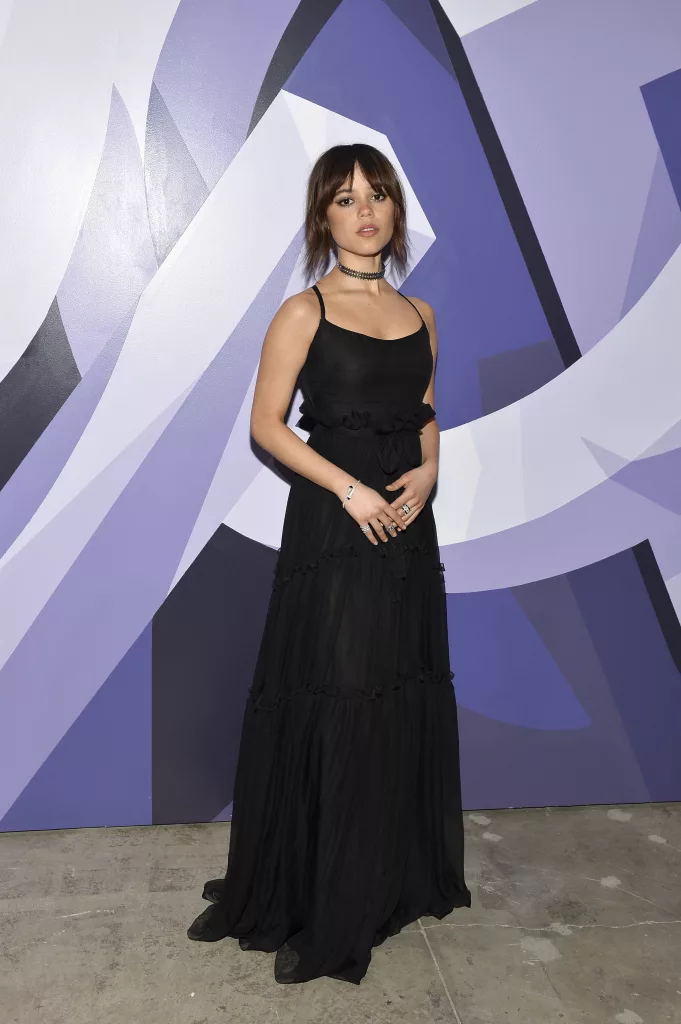
The Power of APAC Stars
While plenty of other Gen Z figures across the entertainment scene — think of Emma Chamberlain, Sadie Sink, Taylor Russell, or Yara Shahidi — have carved out a place for themselves in fashion, perhaps the power of the new generation is best exemplified by celebs from the Asia Pacific. Spurring the interest of the world’s most important luxury houses, Asian stars have become go-to endorsers, campaign stars, and overall coveted figures to collaborate with. During Fashion Month, they have also taken over the major Fashion Weeks and ascended as the most bankable celebrities at fashion shows.
K-pop stars, specifically, have become fashion’s new darlings. Alison Bringé, Chief Marketing Officer at Launchmetrics tells EnVi, “Brands are partnering with South Korean celebrities more regularly when it comes to brand ambassadorships or Fashion Week appearances. Consumers are seeking inspiration beyond their own borders and so brands see global artists, such as K-pop stars, as strategic Voices which have a remarkable ability to influence global, dedicated audiences while bringing cultural relevance.”
In 2023 alone, a slew of K-pop idols has been announced as house ambassadors of brands such as Chanel, Fendi, and Tiffany & Co. The success of new-fangled K-pop groups such as NewJeans, NMIXX, and IVE has not only earned them music relevance but has also come in tandem with prominence in the fashion sphere.
Neo-New K-pop Generation
Regarded as the ultimate Gen Z representatives, NewJeans, for example, have emerged as new fashion icons. The group — composed of Minji, Hanni, Danielle, Haerin, and Hyein — has shot up to the top of global fame with hits like “Ditto” and “OMG.” But their influence does not end there. In March 2023, the quintet became the official face of Seoul Fashion Week’s FW23 edition and was collectively appointed as Levi’s global ambassador. Individually, the group members are equally successful, flaunting deals with brands such as Dior, Chanel, Louis Vuitton, Burberry, Gucci, and Armani Beauty, to name a few.
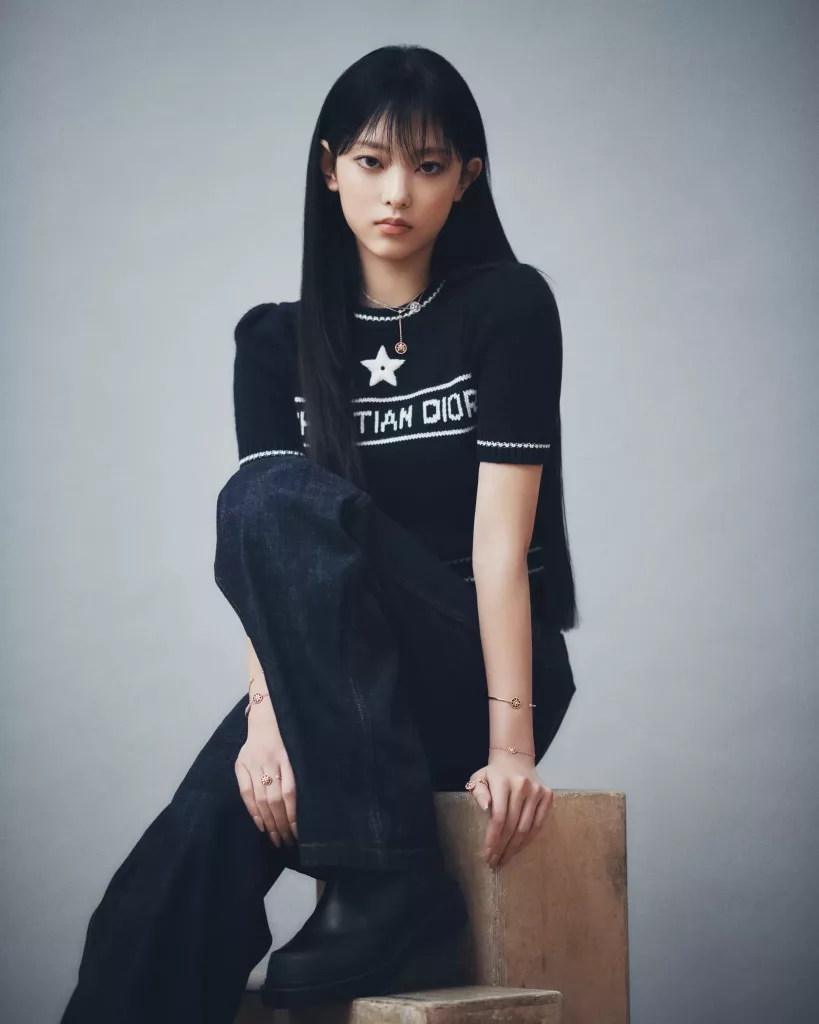
NewJeans’ Haerin
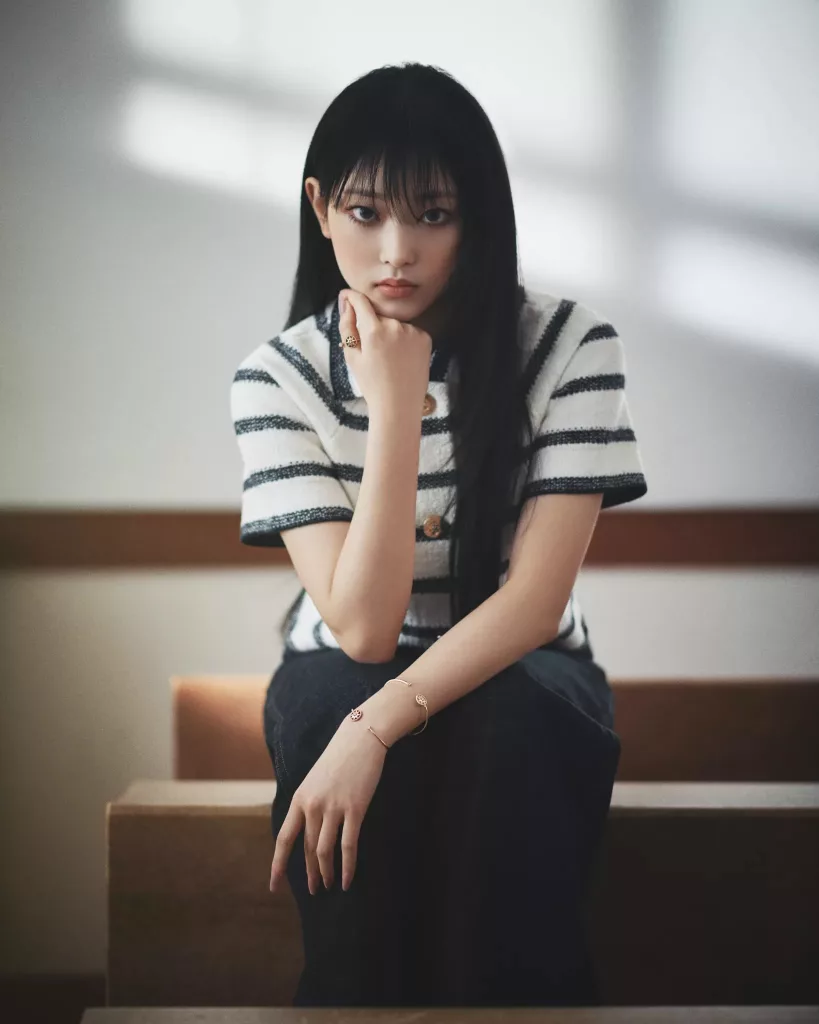
K-pop boy groups like NCT have also turned into industry favorites. Not only have the stars secured ambassadorships for the likes of Prada, but they’re also dominating the conversation and figures around Fashion Week. For instance, in 2022, Jeno — a member of NCT’s subunit NCT Dream — made his runway debut at New York Fashion Week, becoming the first K-pop star to open up a physical show at the event. The star previously made waves sitting front row at Vogue’s anniversary editorial show “Vogue World,” where the singer’s appearance generated $1 million in MIV® through an Instagram post that also became the top placement of New York Fashion Week.
With respective links to Prada, Valentino, and Polo Ralph Lauren, other Gen Z members of NCT proving their generation’s global influence are Jaehyun, WinWin, and Mark. Jaehyun, especially, has cemented his role as a top voice for Prada in his role as brand ambassador and campaign star. And even when he is visibly absent from fashion shows, the star manages to capture worldwide attention through social media. As data from Launchmetrics documents, season after season, his posts drive impressive Media Impact Value™ numbers.
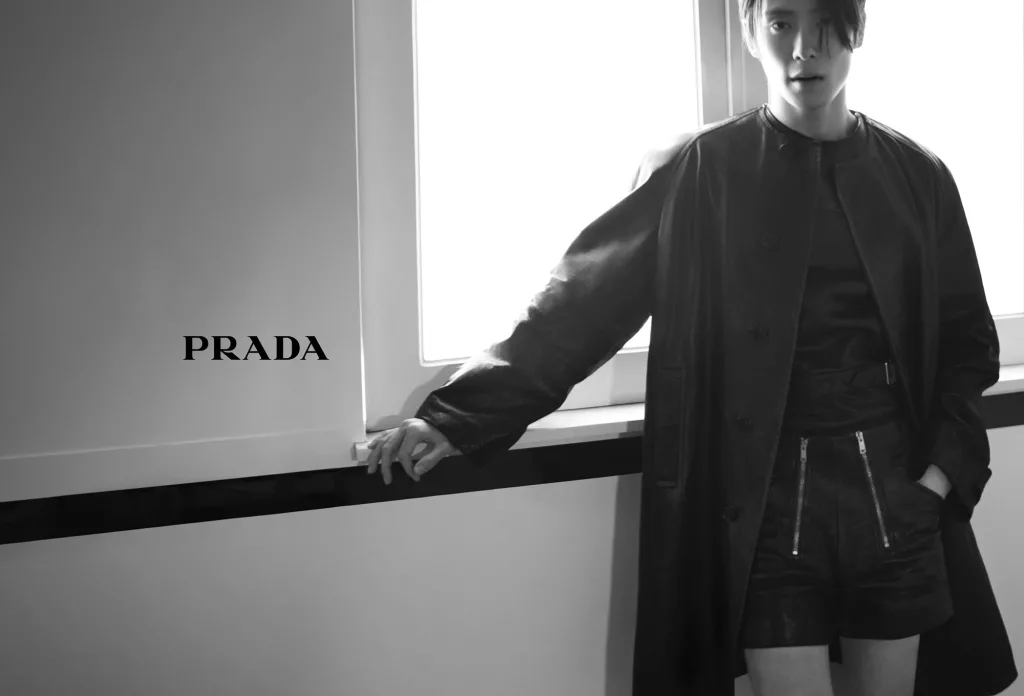
The Rise of Thai Entertainers
However, K-pop artists are not the only Gen Z stars from the Asia Pacific asserting their impact in the luxury industry. Thai entertainers are also breaking into the international fashion scene. With global followings that rival those of any Hollywood star, Thai singers and actors are shaping up to be profitable ambassadors and show regulars. And some already are.
As poster boys of the global Generation Z, actors Win Metawin and Bright Vachirawit are contributing to strengthening the presence of luxury brands in Thailand and the broader APAC region. On one hand, Win Metawin, appointed as Prada’s ambassador in January 2022, has taken his influence to the covers of magazines, events, and Fashion Weeks. In his front-row debut at Prada’s SS23 Men’s show, Win became the top celebrity voice and top influencer of Milan Fashion Week, generating $4.7 million in MIV® with his presence. The multihyphenate has also been a fixture at Tiffany & Co. events around the globe.
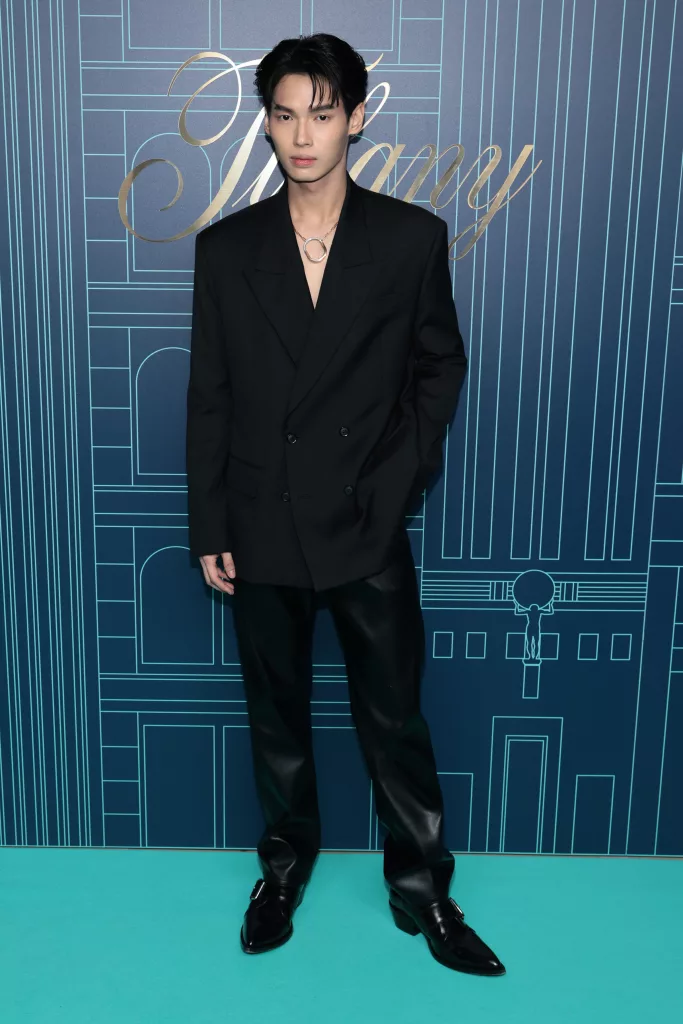
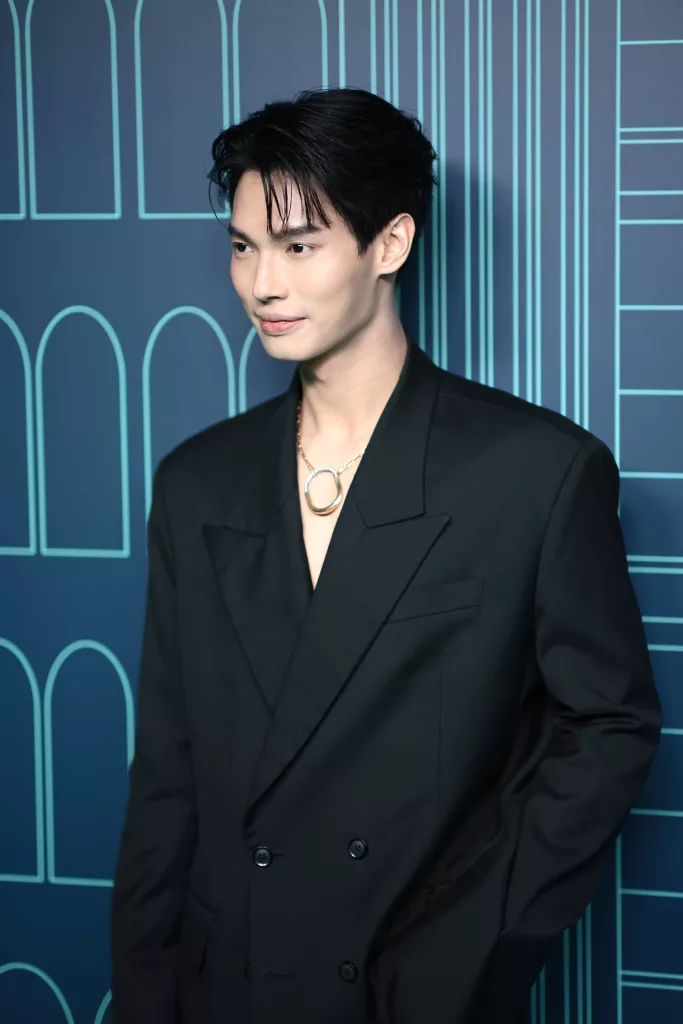
On the other hand, Bright Vachirawit is one of the top celebrity voices for Burberry. Last year, Bright made headlines as the first South Asia Pacific ambassador for the British brand. The Thai heartthrob then had the chance of demonstrating his sartorial prowess as a VIP guest at Riccardo Tisci’s last show and Daniel’s Lee inaugural runway at the helm of Burberry. In both instances, the star drove remarkable social media engagement.
Gen Z Power is Reconfiguring Fashion
With younger generations wielding great influence not only as consumers but also as tastemakers, it only makes sense that high-end brands are pivoting toward Gen Z celebrities for endorsement. Zoomers’ social-media savvy image, loyal following, and global appeal make them the perfect label promoters.
As voices of a new generation, these young adults are boosting brand awareness and genuinely carving out a permanent place as top players in fashion. But most importantly, as the emerging faces of the luxury sector, they’re changing the fashion landscape and helping the industry keep up with the times.
This article is part of EnVi’s Gen Z issue. Get yourself a physical copy here!
